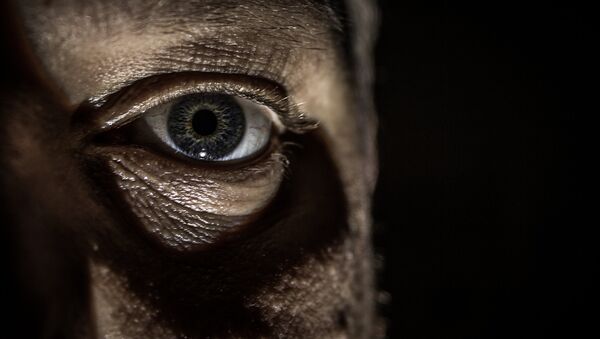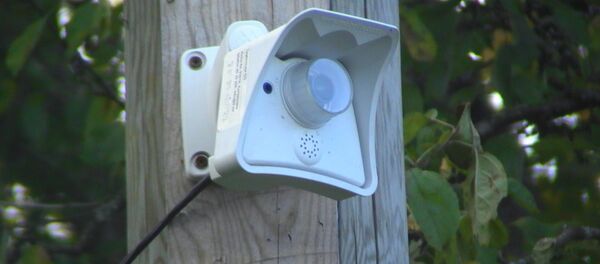Assistant Attorney General John P. Carlin, who leads the national security division of the US Justice Department, voiced support for placing a strip of tape over webcams while speaking at a cybersecurity forum in Washington this week.
"It does seem like a good idea," he said.
Hackers can actually spy on people through their webcams by infecting the computer with malware. The camera can then be used for lurking, extortion and other nefarious purposes.
Typically, a hacker will attach RAT (remote access trojan) malware to videos, music files, or pictures and entice people to click.
One such file could read, "Check out my new Hawaiian video! I went surfing naked!" according to Hemu Nigam, former internet crimes prosecutor for the Department of Justice and founder of SSP Blue, a Los Angeles-based online safety advisory firm.
"When that webcam goes on and that hacker watches that teenage girl in her room, he is digitally raping her,"he said.
During a question and answer session after a lecture at Kenyon College in April, Director Comey told students that he began taping over his webcam after seeing a colleague do it.
"I have, obviously, a laptop, personal laptop. I put a piece of tape over the camera. Because I saw somebody smarter than I am had a piece of tape over their camera."
Satnam Narang, senior security response manager at the global data security firm Norton by Symantec, calls malware "creepware" He points out that it doesn’t require much effort to tape over a camera and doing so could ultimately help make people safer.
"It’s not bad advice, per se. The effort it takes is very minimal," he said. “The end goal is to steal information. You can sell that information en masse…. The extortion part and the Peeping Tom part is a small subset.”
Balint Seeber, who directs vulnerability research at Silicon Valley cybersecurity firm Bastille, points out that the light that typically comes on when a webcam is operating won’t necessarily come on if a person is hacked.
"It’s been shown that there is software that is able to disable the little light and still activate the webcam," he explained.
"There have been cases of former lovers who hack webcams to spy on their exes, sexual deviants who collect images for their own use, and sextortionists, who use images and videos to demand ransoms or get victims to perform additional acts via their webcam in order to keep the photos private," said Krystie Caraballo, the general manager of CamPatch, a company that makes removable webcam covers.
Adam Benson, deputy executive director of the nonprofit Digital Citizens Alliance, said malware like Sakula, Sub7, njRAT, DarkComet and Cerberus is easy to obtain and easy to use.
"What’s scariest about it is not who’s doing it but how easy it is to do," he said.





